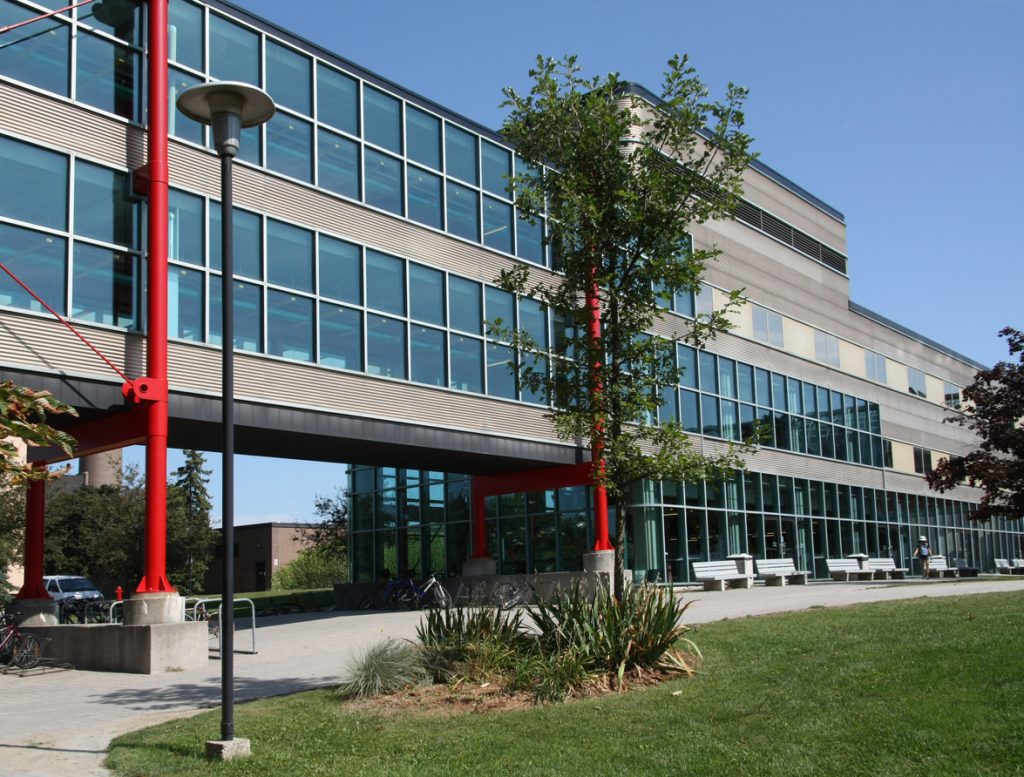COVID-19 has compelled all educational institutions to adapt rapidly when recruiting new students and creating relationships with program applicants. While the digital landscape has been important in post-secondary recruiting for years, it is now the only way to connect with potential students, requiring a shift in overall strategy. Not only does a student need to learn about a program and apply online, but institutions need to create a sense of community to encourage prospects to engage and accept their offers in a socially distant environment.
At the forefront of this transformation are the Faculty of Engineering at the University of Waterloo and Humber College, which are helping thousands of future students in their search for their desired education. While in-person school visits and events are cancelled due to social-distancing requirements, students want to learn about post-secondary options so they can still apply and attend the fall semester. This has led institutions such as the University of Waterloo and Humber College to explore more unorthodox ways to bring the university into the homes of future students and their families.
Taking open houses online
Every year, open house events serve as a primary recruitment tool for post-secondary institutions across the continent. Students come to learn about programs offered and get a first-hand look of campus culture, facilities and faculty. This helps them make informed decisions when it comes to where they want to start their education, and therefore their careers. With the emergence of COVID-19, it was essential for the health and safety of the entire population to cancel these events, but it’s left a lot of students with uncertainty about their future and education.
So, instead of welcoming students to campus sites in the month of March, Waterloo Engineering took the event online for their first ever virtual open house. They launched an email campaign, sending almost 12,000 emails to prospective students with links to videos and information on their 15 undergraduate programs. In these emails, Waterloo Engineering addressed concerns and questions that students and their parents had and offered a way to continue the decision-making process from home. This was a way to reassure potential students that they won’t feel left behind once September rolls around, while staying within public health guidelines.
Humber College also moved their open house to a virtual format in April. They wanted to stay committed to the health and well-being of their students, faculty, staff and prospective students, while encouraging them to learn about why Humber College could be a good fit for them. Humber College uses innovation and flexibility as their guides, knowing that they can give prospective students the support they need for their post-secondary decisions, no matter what the current environment is.

Leveraging the power of video
Both Waterloo Engineering and Humber College used many forms of media to connect with their audiences, but had a focus on dynamic video content to engage and educate. Video content has included overview sessions of programs and general student concerns, campus virtual tours, culture-specific content and live Q&A sessions. In partnership with Angle Media Group, these institutions have been agile in testing content formats and pivoting where needed to create compelling content with function and variety.
Angle Media Group has worked with both Waterloo Engineering and Humber College for years and has been able to use existing footage as well as harness the power of virtual filming and animated graphics to build and tell the stories students want to hear.
“This quick pivot to an online experience is an example of the kind of innovation and can-do spirit we pride ourselves on at Waterloo Engineering,” said Rick Culham, interim dean of Waterloo Engineering. “By putting the needs of prospective students first, we found a way of using technology to get them valuable information even in these difficult times.”
By innovating now, post-secondary institutions are setting themselves up for more success in an uncertain future. There is no guarantee that the school season will be back to normal by fall 2020, but virtual recording and other dynamic video content could enhance the online learning experience that students will have. When students still get to see their lecturers, and even their classmates, it can help to lessen the isolation that social distancing can cause and keep their minds engaged.
During this pandemic, many sectors have had to change their way they do their work. Often, technology can be there to help innovate, and even after the pandemic is over, it can leave lasting change. The ability to host recruitment events and virtual open houses, give virtual campus tours, host Q&A sessions and more online gives recruiters another way to reach out to potential students. In the future, these tools could be used to cast a wider net on their recruitment pool, and let prospects experience the campus even if they’re on the other side of the country.
Though uncertainty is never easy, this crisis serves as a reminder to keep innovating and adapting in the education sector, so the student benefits the most they can from their education.
